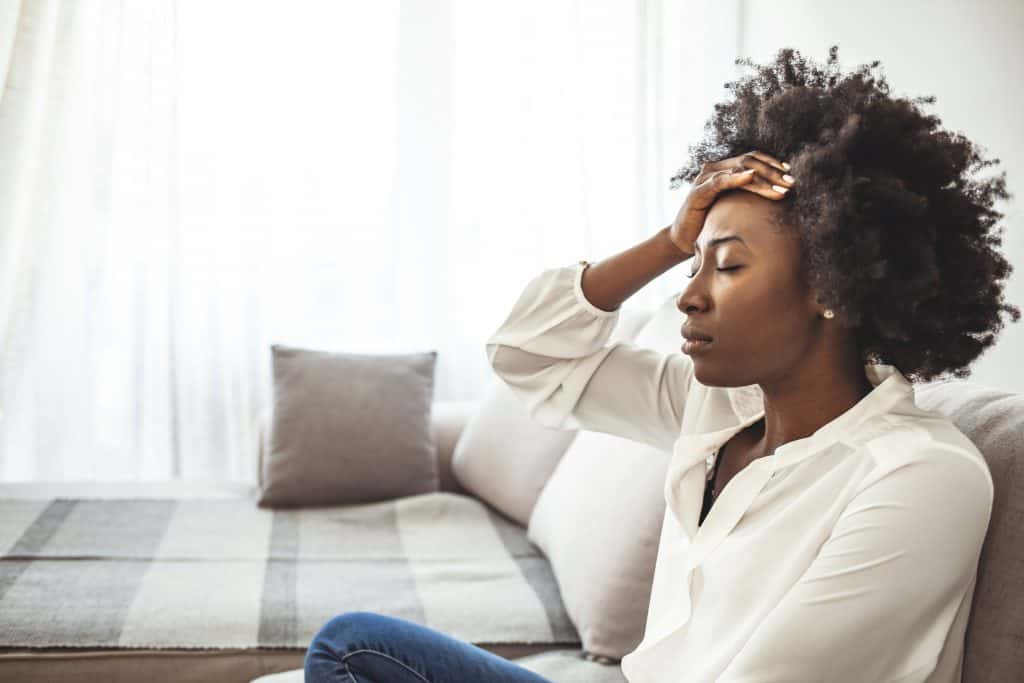
Women are very tired.
In fact, according to a new survey published by the American Academy of Sleep Medicine (AASM), women are so sleepy that it interferes with their daily life. Eighty-one percent of the women in the survey reported “sleepiness affects their daily activities,” compared to 74 percent of men that reported the same. Not only that, but of the women responding to this online survey, those between the ages of 42 to 57 — aka the infamous Gen X — are 1.5 times more likely “to ‘rarely or never’ wake up feeling well-rested” compared to Gen Z women. Talk about reality bites!
The online survey, which was conducted by the independent market research agency Atomik Research, polled 2,010 adults during one week in February 2022 with the questions “How often does sleepiness affect your daily activities?” and “How often do you wake up feeling well-rested?” The AASM concluded that “[w]omen (32%) are 1.5 times more likely than men (21%) to “rarely or never” wake up feeling well-rested,” given the responses to Atomik’s questions.
Dr. Seema Khosla, medical director of the North Dakota Center for Sleep and chair of the American Academy of Sleep Medicine Public Awareness Advisory Committee, shared a number of tips on how to improve your sleep hygiene, from keeping a consistent sleep schedule to limiting screen time and exercising regularly.
However, there are many factors beyond gender and age that can affect sleep habits, especially during the COVID-19 pandemic, which has caused massive burnout among teachers, healthcare workers, and first responders.
Dr. Valerie Cacho, an integrative sleep physician and perimenopausal women’s sleep coach based in southern California, pointed out that perimenopause — which for many women begins in our mid-forties — greatly affects sleep quality. “Untreated hot flashes, night sweats, obstructive sleep apnea, stress, anxiety and depression may be the culprits for this,” she notes.
Related: Sleep Apnea in Women
The sleep survey also doesn’t account for whether or not respondents are parenting small children who may be struggling with their own bedtimes. According to Dr. Lynelle Schneeberg, author of Become Your Child’s Sleep Coach: The Bedtime Doctor’s 5-Step Guide, Ages 3-10, says that “women tend to be the ones who lose sleep when a child isn’t sleeping well (and women also tend to be the ones who stay up trying to get kids to sleep).”
Finally, Dr. Danielle Kelvas, the Chief Medical Advisor at Sleepline, adds, “Before globally applying this statistic to all women in the US, I would caution readers to consider that this sleep prioritization survey only collected data from 2,010 adults. Those who struggle with insomnia are more likely to complete the survey, as the internet suggests and shows things to people based on their past browser history. I would be curious to know how Atomik Research (the independent market research agency used) selected the 2,010 participants,” adding, “Also, this survey does not account for research confounds, such as alcohol or medication use. While I appreciate the generational stratification, a larger population sample with the regression analysis of confounds, in my opinion, is required before making such blanket statements.”